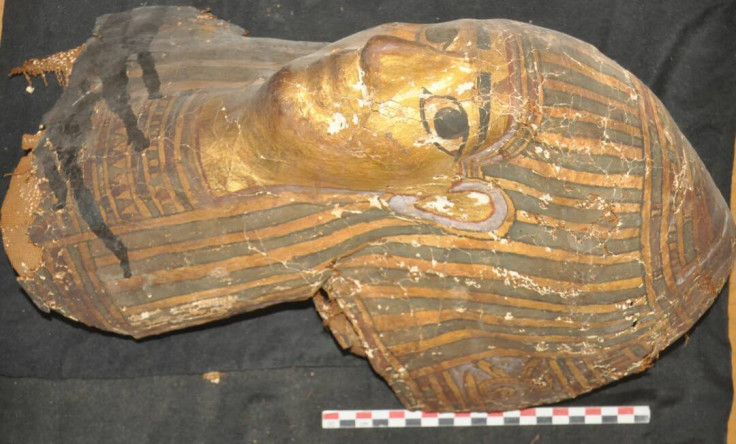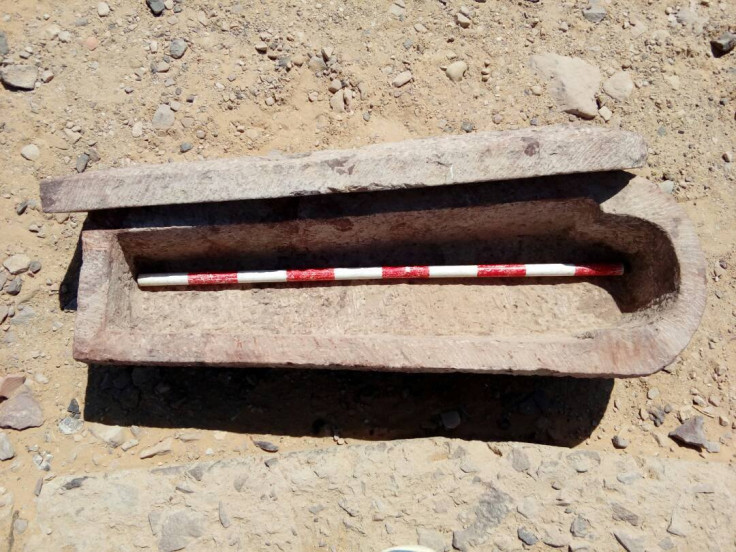Ancient Egypt: Ten huge 2,500-year-old tombs full of well-preserved mummies discovered
The tombs are thought to date back to the Late Period of Egypt.

Working near the Aga Khan Mausoleum on the west bank of the Nile River, archaeologists have discovered 10 impressive tombs dating back to Egypt's Late Period (712-332 BCE).
Inside them, coffins and well-preserved mummies were identified.
The Aga Khan Mausoleum is located near southern city of Aswan, and was erected for the Sultan Muhammad Shah Aga Khan, the 48th imam of the Ismaili sect (a branch of Shia Islam), who died in 1957.
The archaeological mission, sent by Egypt's Ministry of antiquities, had been excavating in the vicinity of the building to learn about the ancient history of the area.
The 10 tombs have large staircases carved into rock, leading to the entrance of the mortuary chamber where the mummies were laid to rest.
The features of these tombs are strikingly similar to that of many graves found at the West Aswan necropolis located nearby, which was discovered in the 20th century. The archaeologists thus believe that these 10 tombs could be a previously unknown extension of the necropolis.

In the West Aswan Necropolis, a multitude of tombs from Egypt's distant past - from the Old, Middle and New Kingdoms (from the 3rd millennium to the 11th century BCE) - can be found. A more precise dating of the newly discovered tombs will be carried out, but so far the evidence points to an era known as the Late Period.
The Ministry of Antiquities plans to send the archaeologists again to search the site during the next excavation season. The hope is that they will find out more about the individuals who were buried there. Restoration work will also take place to make sure the coffins and the mummies remain well preserved.
"It's difficult to know how unique the discovery is because information is still being released. The tombs were found near a well-known necropolis, so it is likely that they were part of this existing burial ground", Dr Nicky Nielsen, Lecturer in Egyptology at the University of Manchester told IBTimes UK.
"What is certain is that it's an exciting discovery in what has proven to be an extremely exiting year. Barely a week has gone by in 2017 without the announcement of major discoveries in Egypt, whether it's the cache of mummies found at Tuna el-Gebel last month, the Late Period burials at Thebes, or the colossal statue of Psamtik I found near Cairo in March".
© Copyright IBTimes 2025. All rights reserved.





















